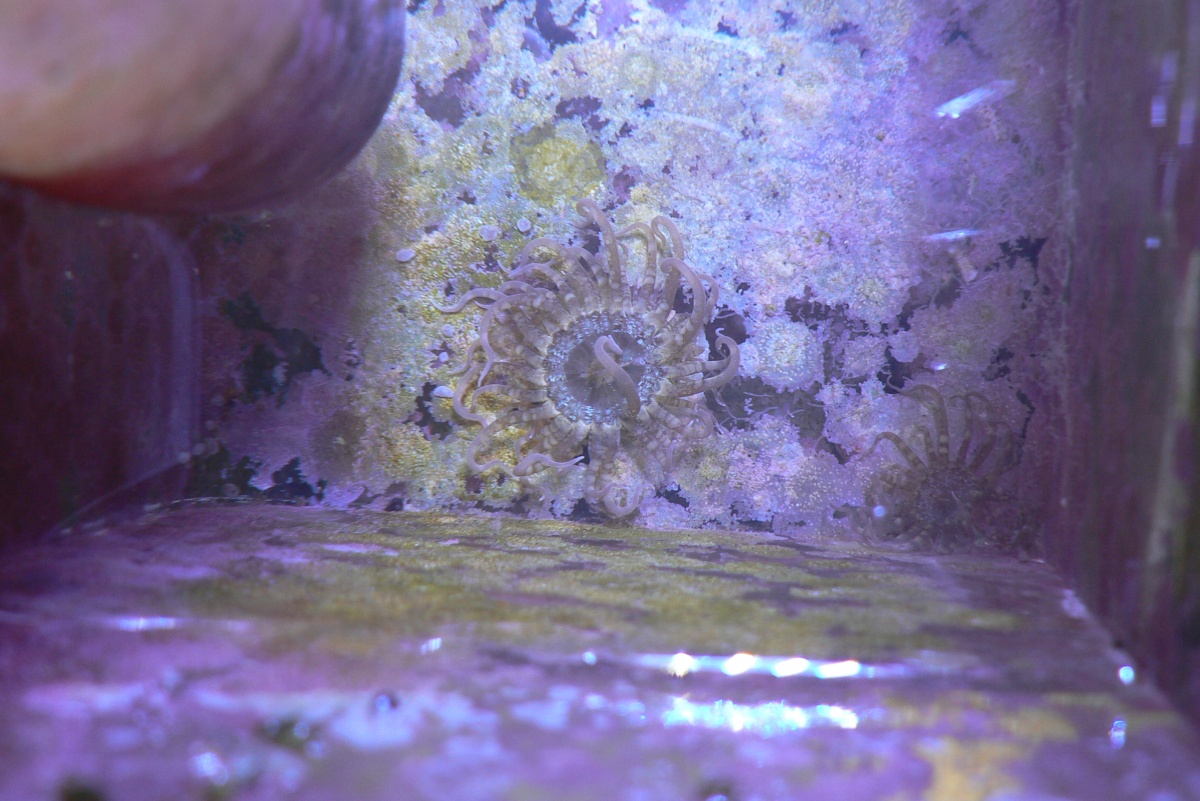Repost:
True to their name, Aiptasia sp. Anemones (which means ‘beautiful’) are elegant creatures, but they are also invasive and aggressive competitors. Left unchecked, they will often totally over-run an aquarium.
Aiptasia have developed to be survivors. They reproduce both sexually and asexually, and are capable of regenerating and entire creature from a single cell. In addition, they are armed!
When Aiptasia are disturbed (either by a passing fish or invertebrate) they eject dangerous white stinging threads called acontia that contain venomous cells called nematocyst. These nematocysts are capable of delivering a potent sting that can cause tissue regression in sessile corals, immobilize prey, and even kill unlucky corals, crabs, snails or fish.
Considered by many experienced reef enthusiasts as a pest (or worse), early identification and action are necessary to quickly remove Aiptasia from your tank before they reach epidemic proportions - making control/removal far more difficult.



